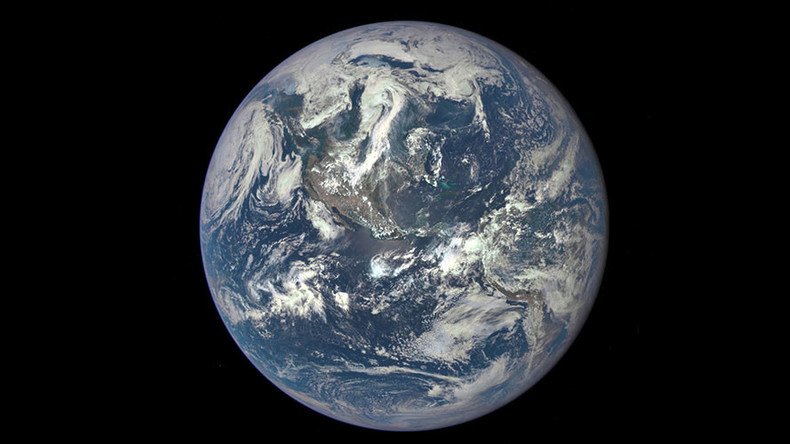No place like home: Earth found to be one of a kind

Avatar fans prepare yourself for disappointment as we’re afraid you may never get to live on Pandora. A new study has shown that Earth truly is one of a kind with nothing coming close to life on this planet.
Astronomers in Sweden used computer simulations to model the known universe from existing data and then applied the laws of physics to advance the model 13.8 billion years. Out of the 700 quintillion potential planets, none resembled Earth, meaning we may be very alone after all. Sorry Alf.
The results call into question the Copernican principle which says that humans are not privileged observers in this universe and that we do not occupy a “special place”. The principle was found when Renaissance scientist Nicolaus Copernicus proved Earth was not the center of the universe 400 years ago.
#CopernicanPrinciple disproved, link to full results #RThttps://t.co/HKxtRsTUPW
— Colm McGlinchey (@ColmMcGlinchey) February 21, 2016
Thankfully disbelievers of the principle now look to be vindicated and rightfully so, how can a planet that’s home to both Steve Buscemi and triple-cooked fries not be considered a "special place"? Shame on you Nicolaus Copernicus.
Researchers cite Earth’s relatively young age as a factor in the violation of the Copernican principle.
“If you have these civilizations that had a 3.5-billion-year head start on us, why haven't they colonized our galaxy?” cosmologist Max Tegmark told Scientific American. “To me, the most likely explanation is that if the planets are a dime a dozen, then highly intelligent life evolves only rarely.”
Being young isn’t all bad though, as it allows us the unique opportunity to study the formation of the universe before it gets too distant.
In a trillion years, long after our own sun has burned out and what’s left of Earth’s inhabitants have gone planet-hopping to a new home, future civilizations will be without the clues as to how the universe began. Someone remember to write it down please.












